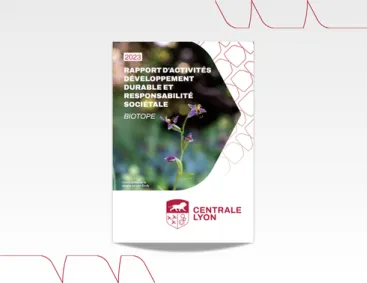As a research-intensive institution, Centrale Lyon has a duty to contribute new knowledge, expertise and technological and societal innovations to meet energy, environmental, digital and societal challenges. The SD&RSE master plan integrates the challenges of sustainable development and social responsibility into our research strategy, as well as into the way we conduct our research activities in an exemplary manner.
Integrating sustainable development and corporate social responsibility into research and innovation strategy
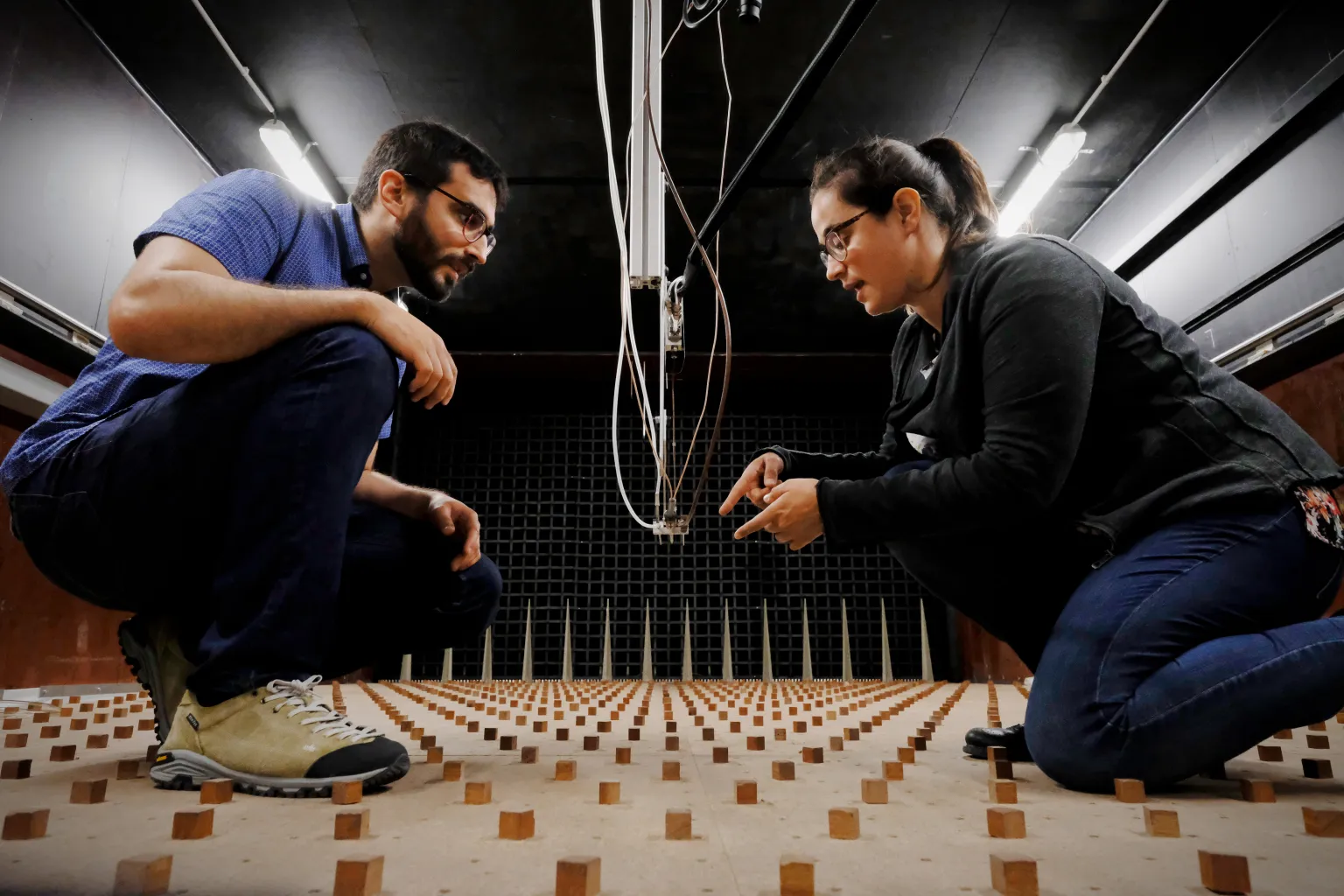
Issues
- Produce new knowledge and develop new technologies to meet DD&RS challenges.
- Enlighten public policies and corporate strategies, by promoting systemic approaches and encouraging multi- and trans-disciplinarity.
- Accompany and accelerate systemic transformations of socio-economic players through technology transfer on DD&RS issues.
- Promote the integration of SD&RS from the earliest ideation phases of an innovation project, and support the development of technologies that respect SD&RS issues.
- Deploy a scientific approach aimed at defining regenerative engineering in its conceptual, operational and measurable dimensions in research and training.
Actions
- Establish a research and innovation strategy integrating DD&RS.
- Elaborate a DD&RS codification for research projects, publications, teams and/or departments.
- Map the research projects, publications and expertise of researchers, teams and/or training and research departments.
- Implement an annual review of research activities by the Scientific Advisory Board, based on the DD&RS codification.
- Implement a technology watch on innovative projects on DD&RS themes related to the Establishment's areas of expertise.
- Focus support on priming multidisciplinary research projects on DD&RS as part of the STEP program (Soutien aux Thématiques Émergentes et aux Projets transversaux).
- Launch transdisciplinary thesis packages with the Collège des Hautes Études Lyon Sciences.
- Accompany large-scale research projects on DD&RS through support in seeking private funding.
- Launch in-house scientific cafés on SD&RS.
- Strengthen the integration of SD&RS into the recruitment of teaching and research staff, in line with the SD&RS strategy for research and innovation.
- Integrate criteria on SD&RS commitment into the career management of teaching and research staff.
- Integrate DD&RS issues into the service offering to socio-economic players.
- Propose a specific DD&RS service offering.
- Identify and qualify companies' DD&RS labels.
- Map our partners according to qualified DD&RS labels.
- Identify companies that could become "Premium" companies on DD&RS.
- Develop DD&RS partnerships and Labcom with socio-economic players.
- Establish pilot "Premium" partnerships on DD&RS.
- Co-invest in a DD&RS company.
- Direct resources from the Establishment to support technological innovations that respect SD&RS issues.
- Launch PUI Impulse's support for the first start-up creation projects with the integration of planetary limits right from the innovation phase.
- Integrate the PERTINENCE INVEST 3 responsible investment fund.
- Invest in the first start-ups to emerge from the Establishment with PERTINENCE INVEST 3.
- Host the first responsible start-ups.
- Launch the commercialization of the SURICAT innovation support method.
- Deploy the SURICAT, Sustainable Right Innovation CATalyzer method internally to students.
- Integrate the issue of impact into the Startup Challenge competition aimed at students.
- Deploy a scientific approach aimed at defining regenerative engineering in its conceptual and operational dimensions.
- Define a "regenerative engineering" model.
- Test this model through training and research projects.
- Validate the robustness of the model and the effects of its implementation, by creating a chair in regenerative engineering with the recruitment of doctoral and post-doctoral students.
- Participate in the organization of a symposium on regenerative engineering with our partners.
- Support the publication of a collective work on regenerative engineering.
Sustainable development goals concerned
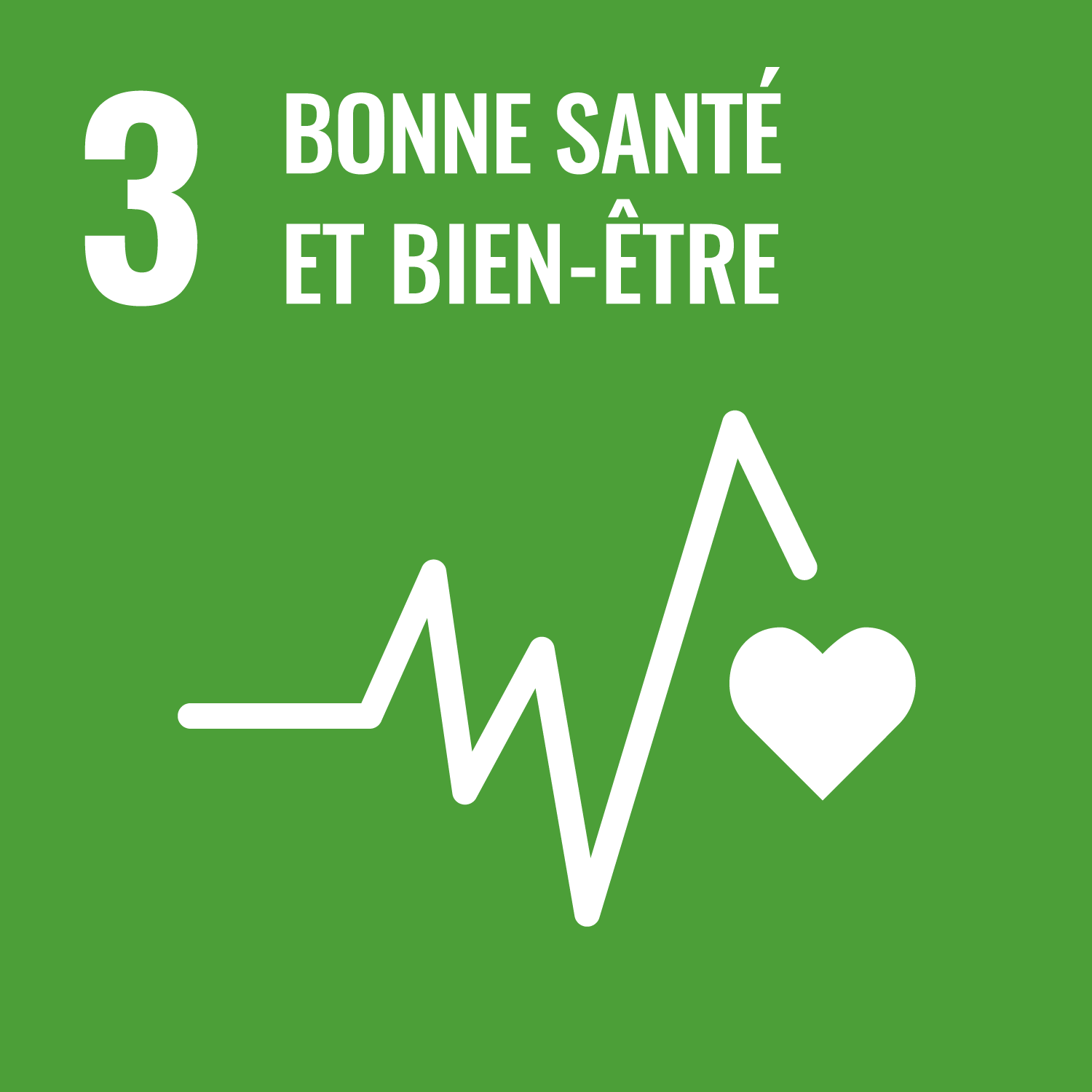
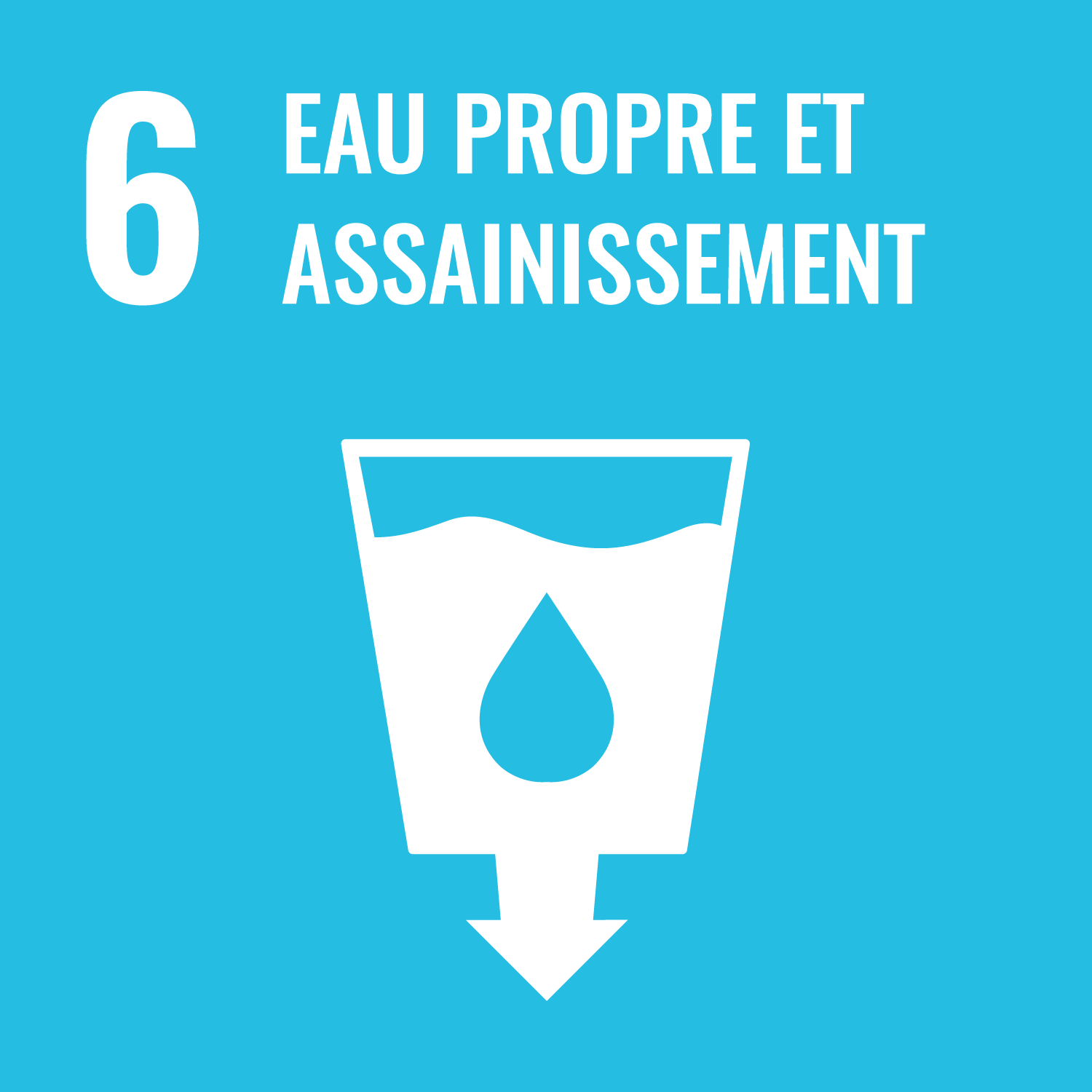
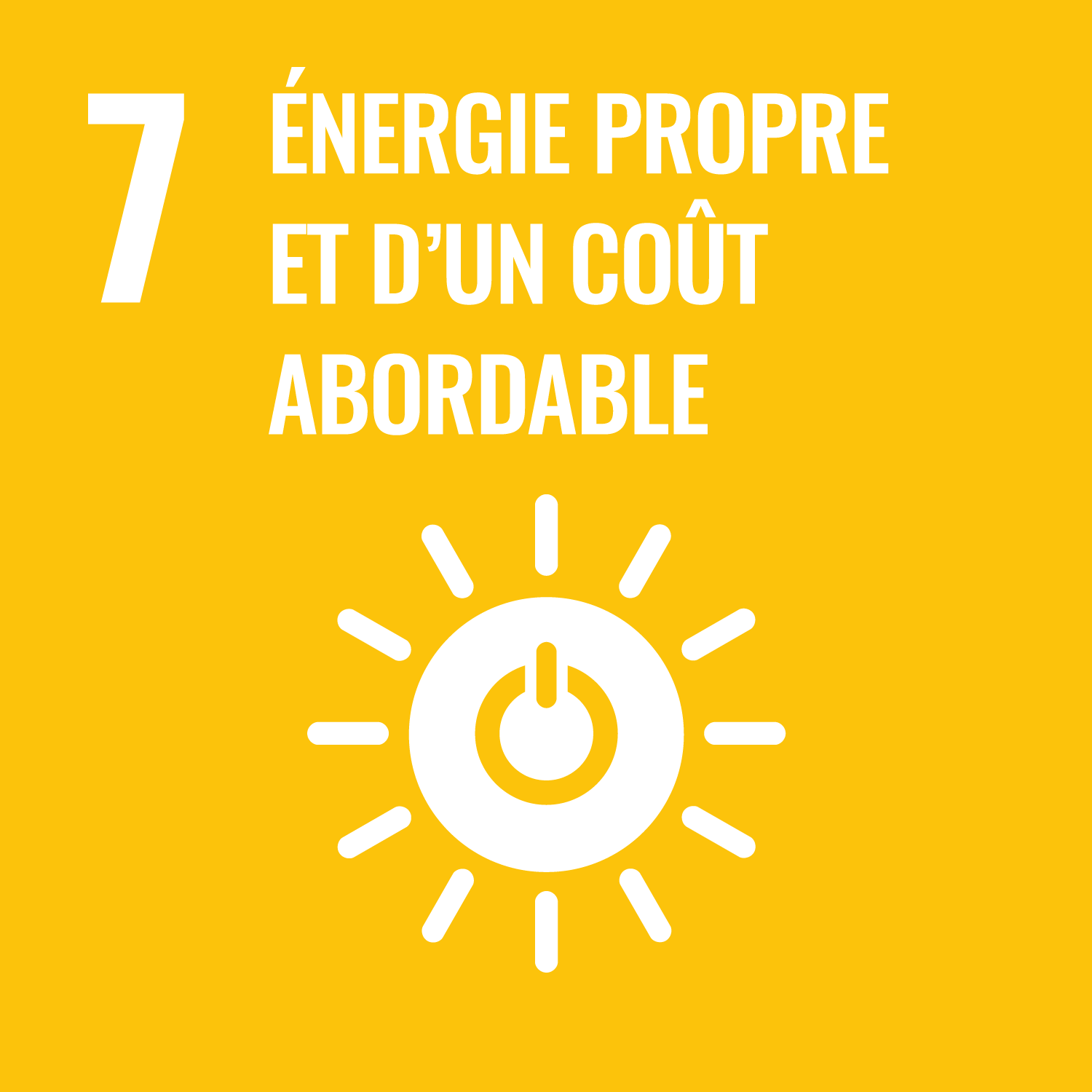
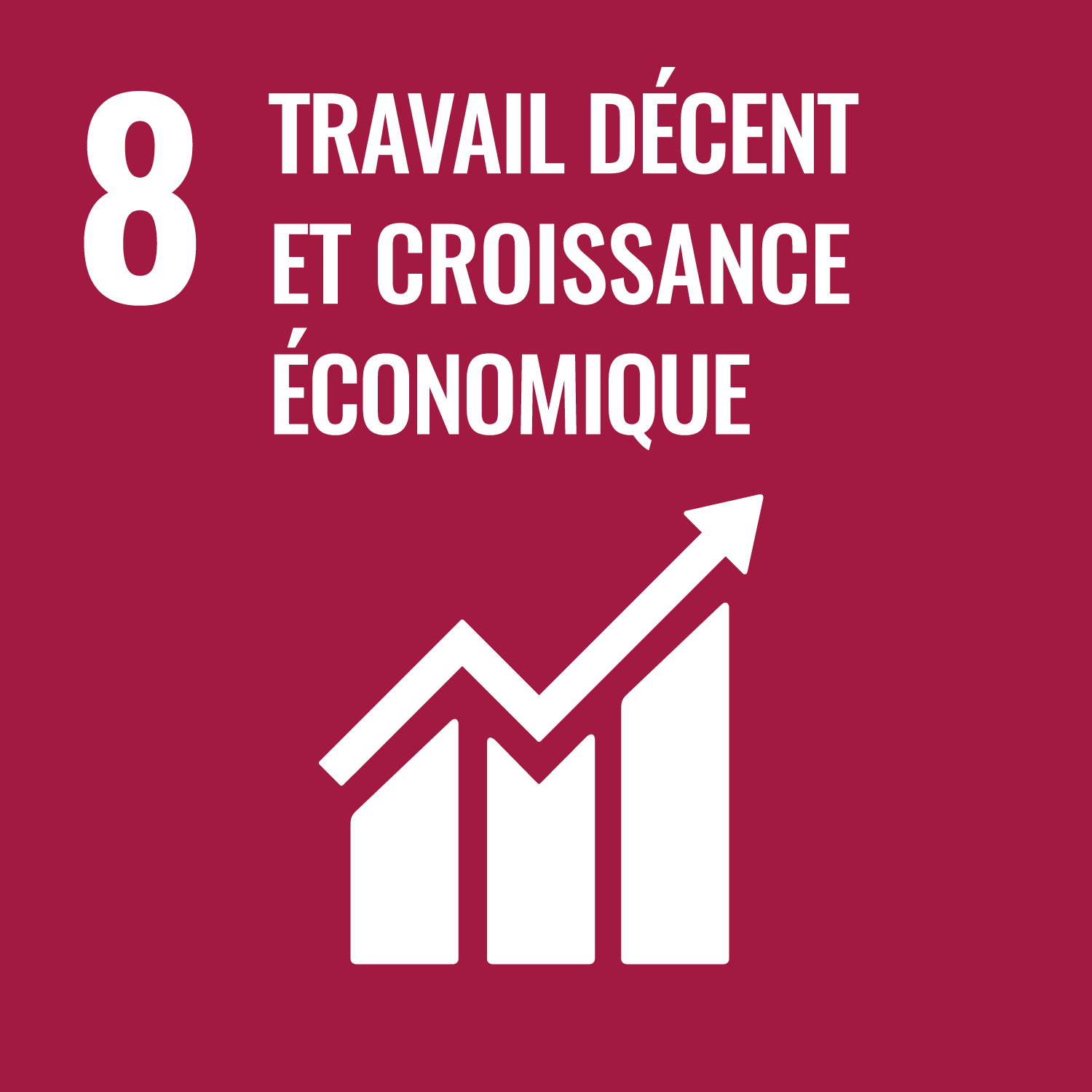
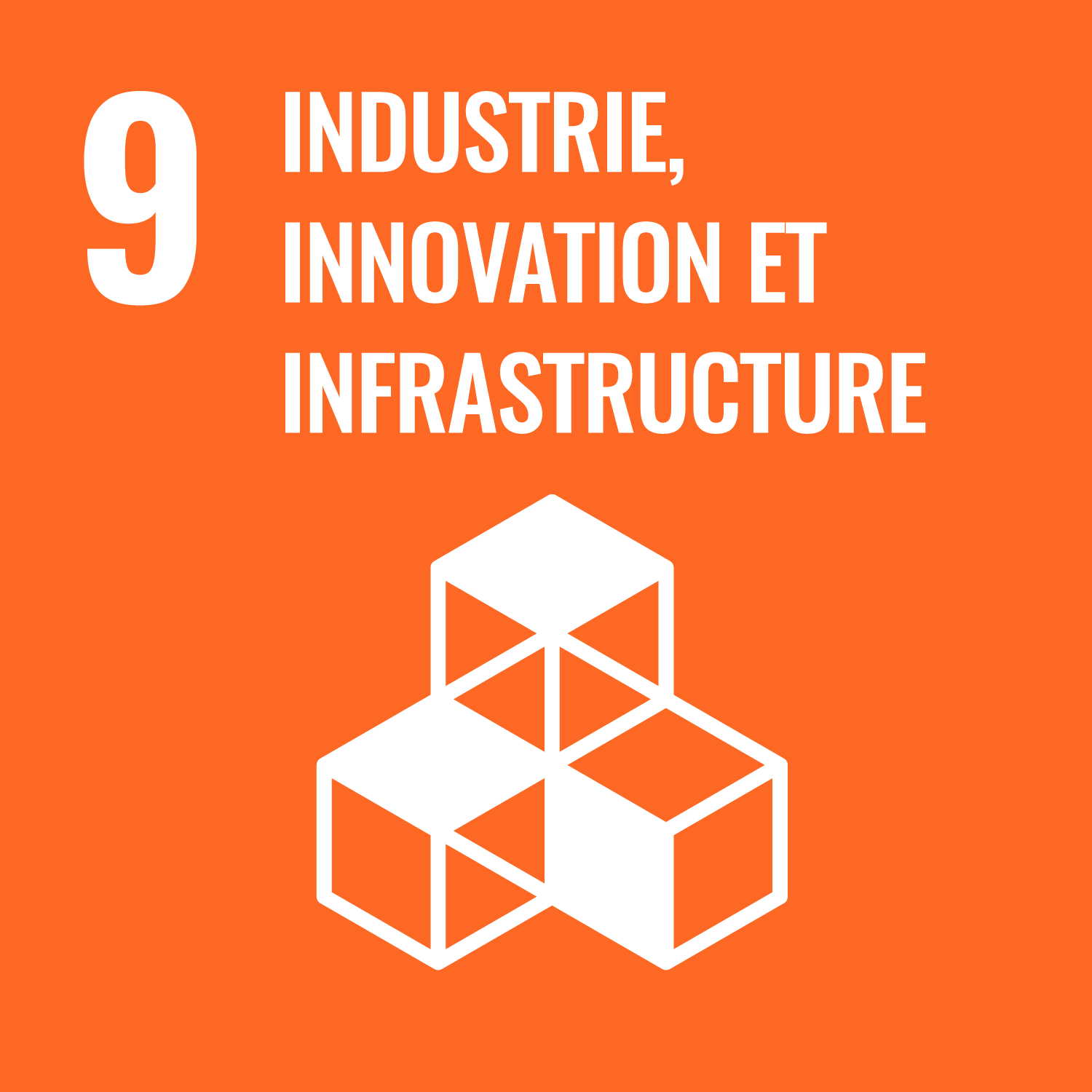
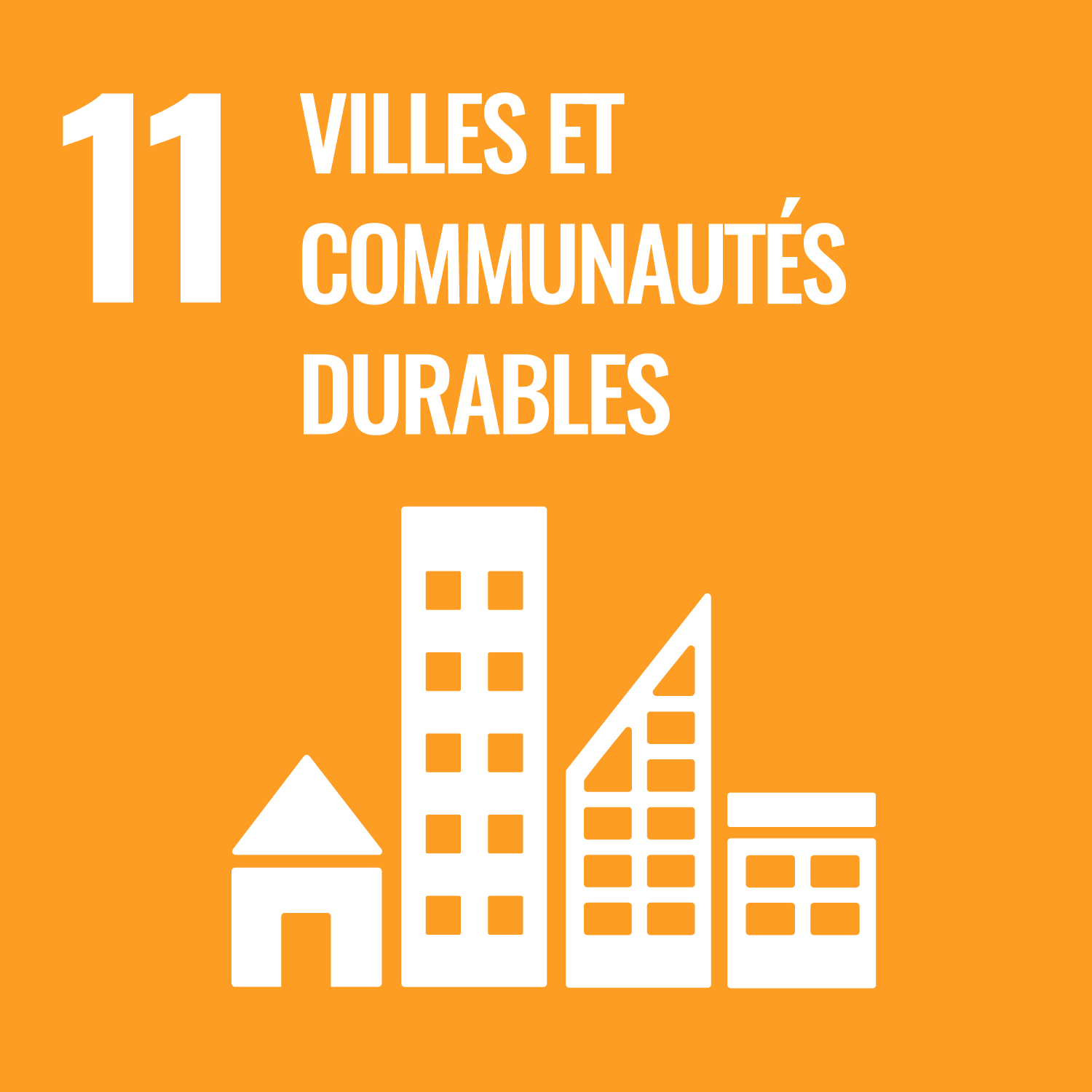
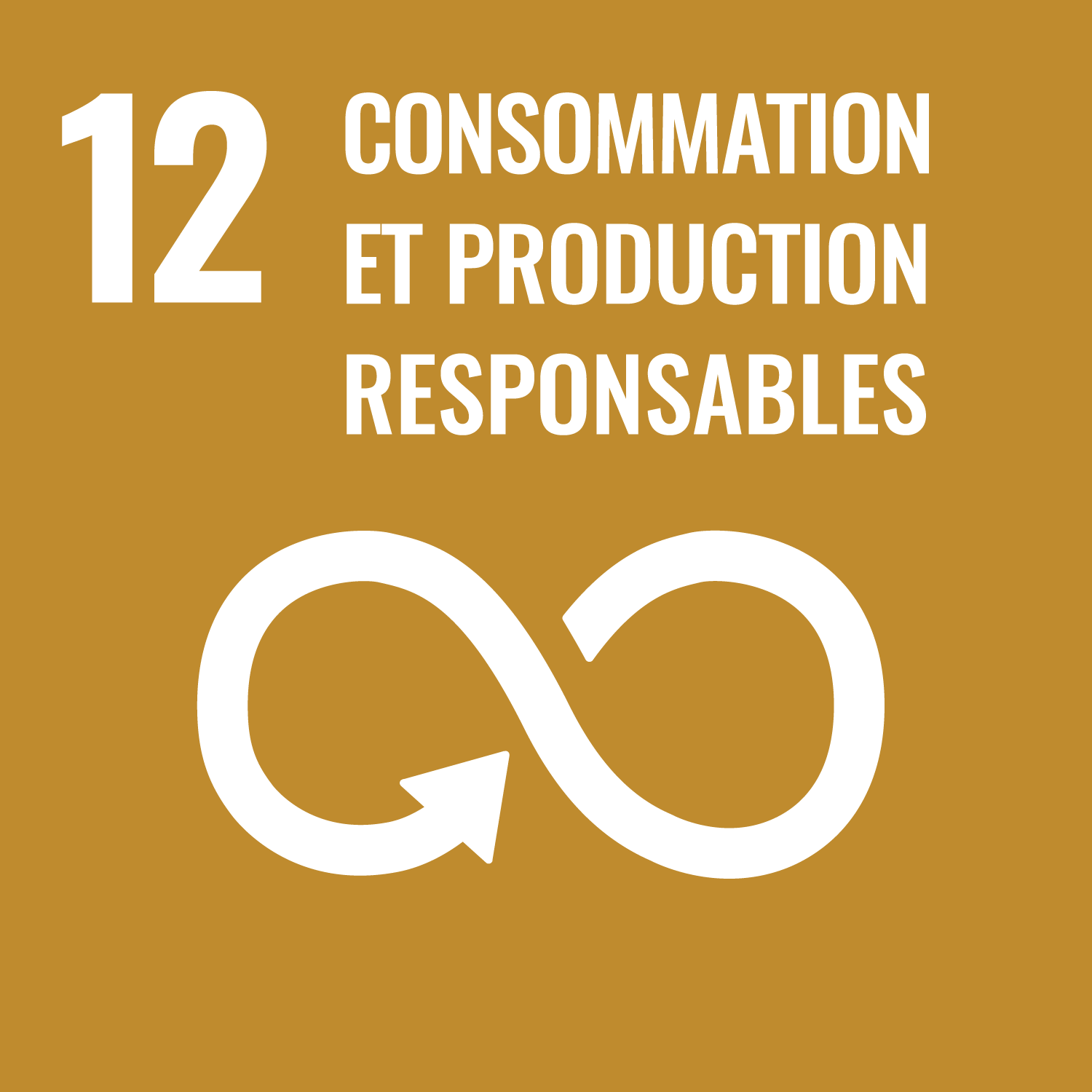
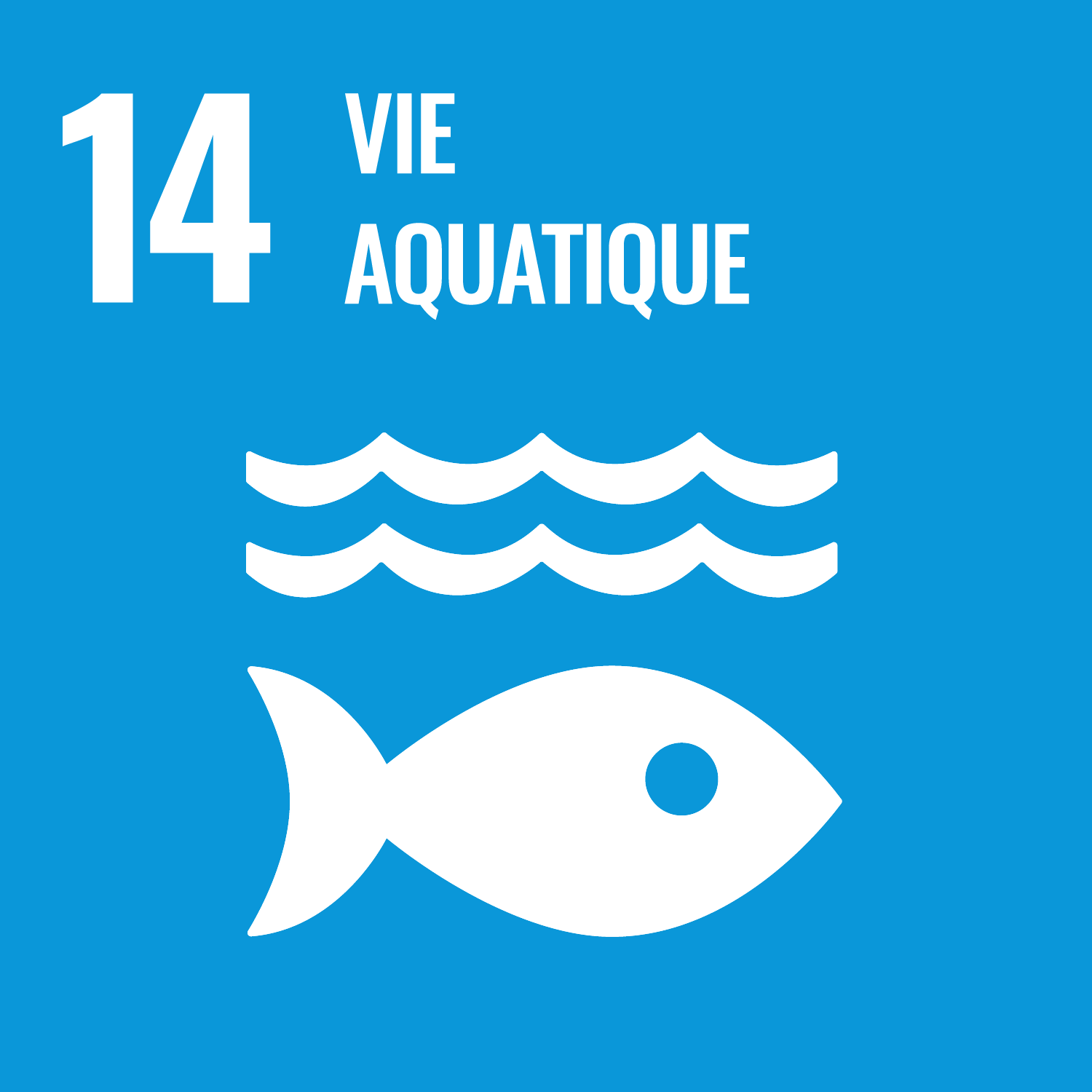
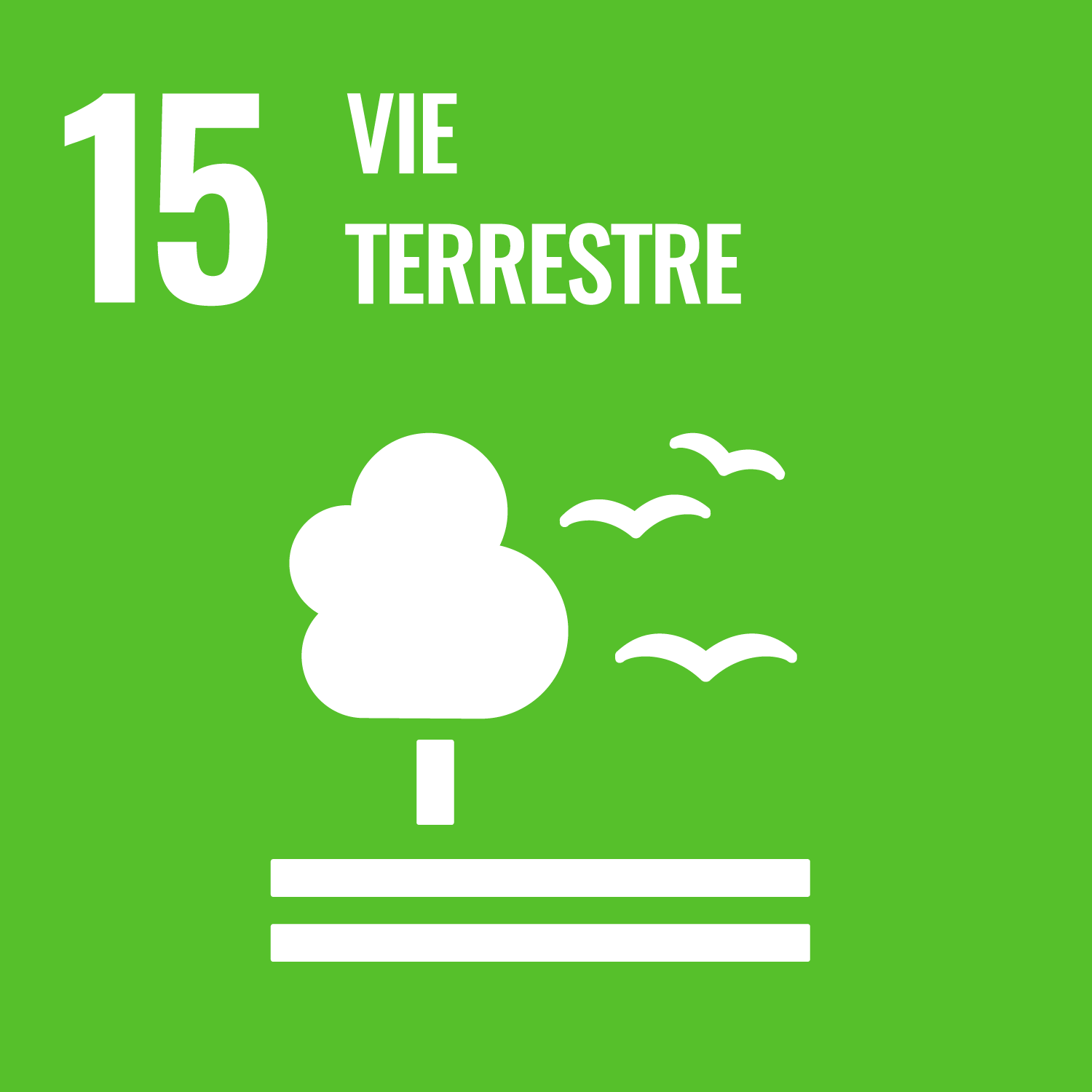
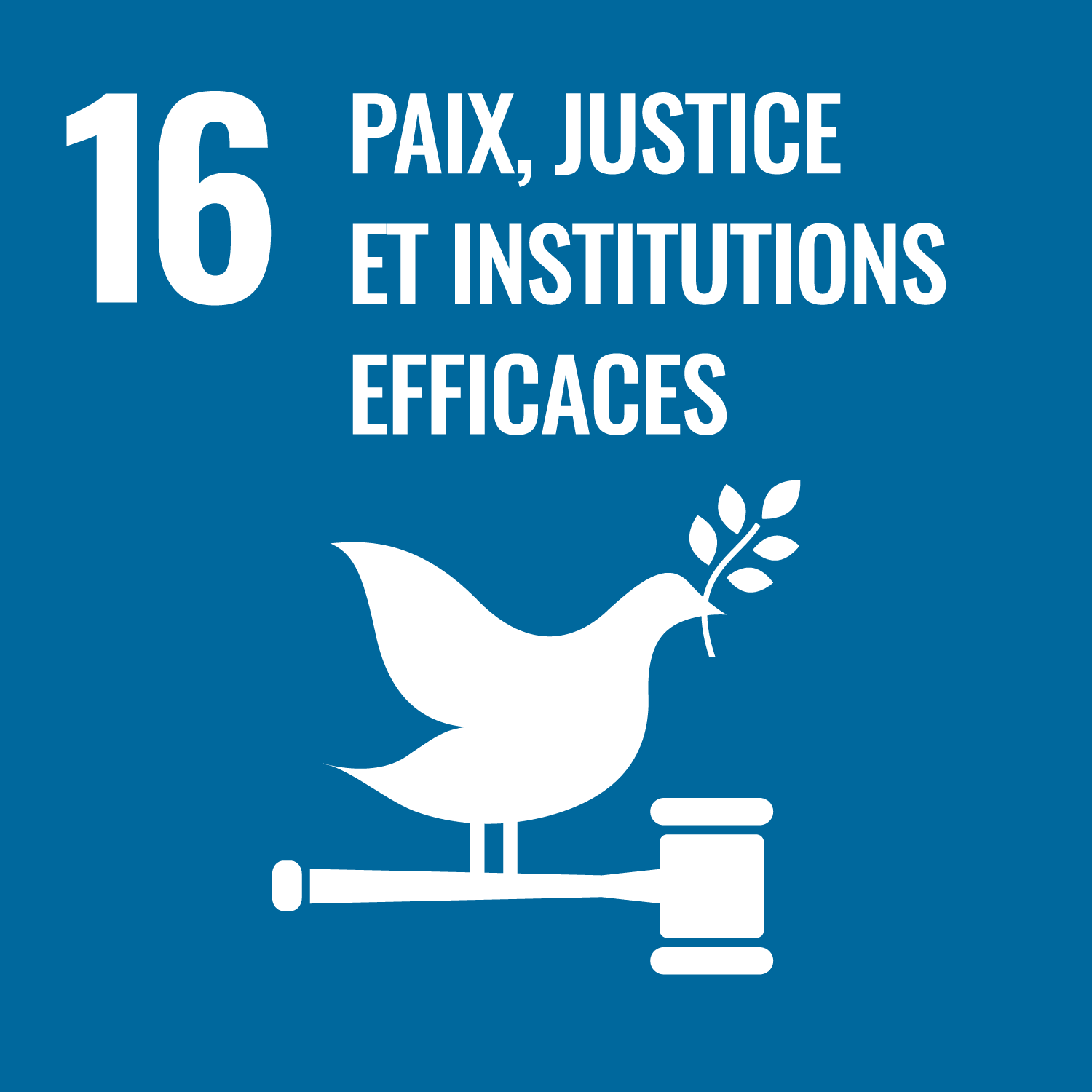
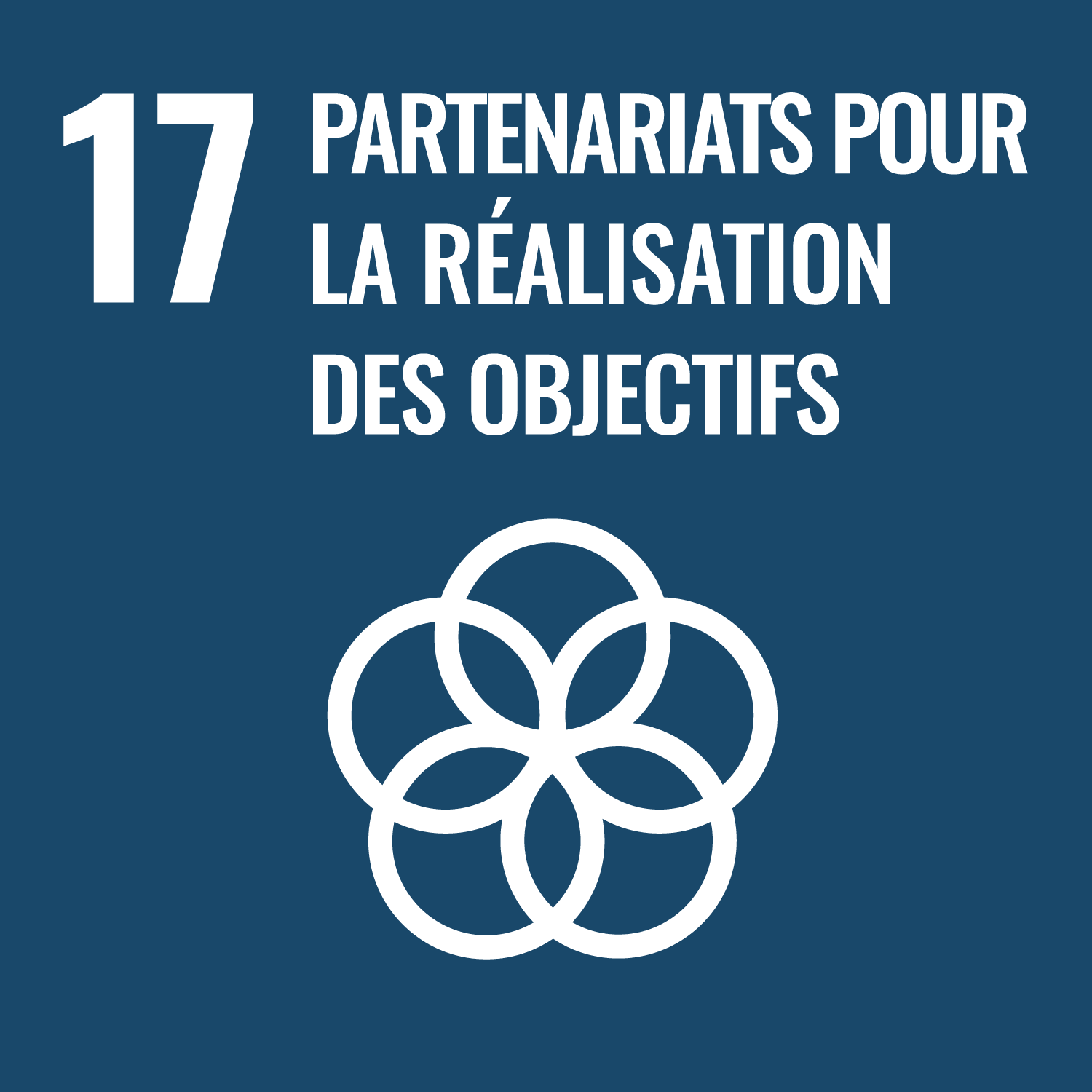
Integrating SD&RS into the way research activities are conducted
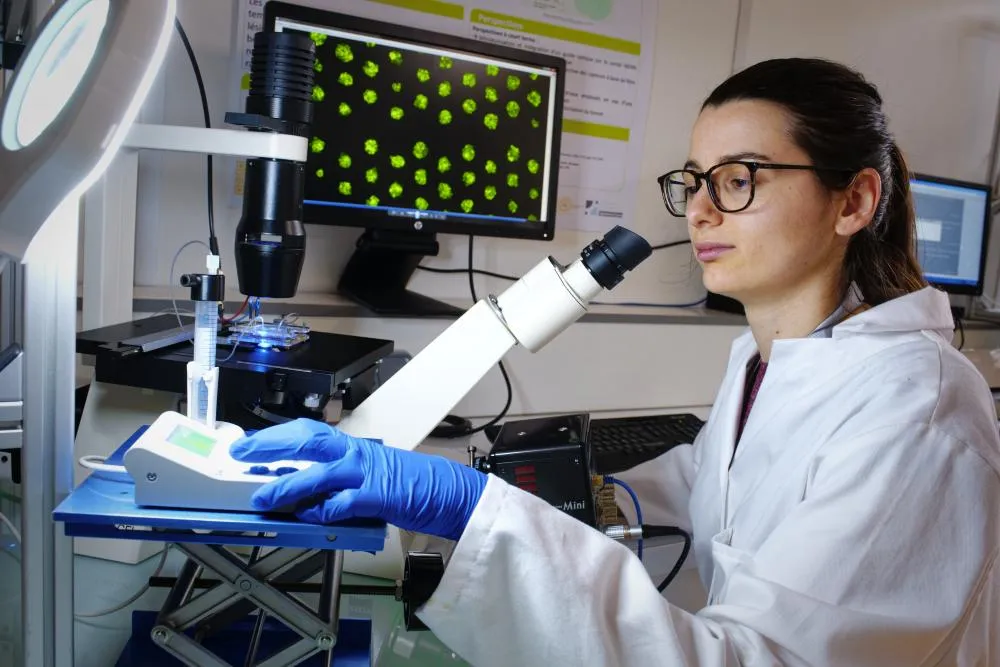
Issues
- Conduct research projects in an exemplary manner, developing practices for analyzing their social and environmental impacts.
- Promote a culture of scientific integrity at the Establishment in research and innovation activities, as well as in training activities for future graduates, players in the scientific and technological community.
Actions
- Appoint a scientific integrity referent.
- Define the Etablishement's scientific integrity rules and disseminate them.
- Increase awareness and train new arrivals and future graduates in scientific integrity.
- Integrate national and European networks to share feedback on scientific integrity issues.
- Record and analyze SD&RS impact analysis tools for research.
- Develop an SD&RS impact analysis grid and method that is compatible with the efficient running of research projects.
- Conduct awareness-raising and training initiatives for PhD students and researchers on SD&RS impact analysis.
- Integrate SD&RS impact analysis into research projects supported by the Établissement and its partners.
- Integrate SD&RS impact analysis into the annual review of research activities by the Scientific Advisory Board.
Sustainable development goals concerned
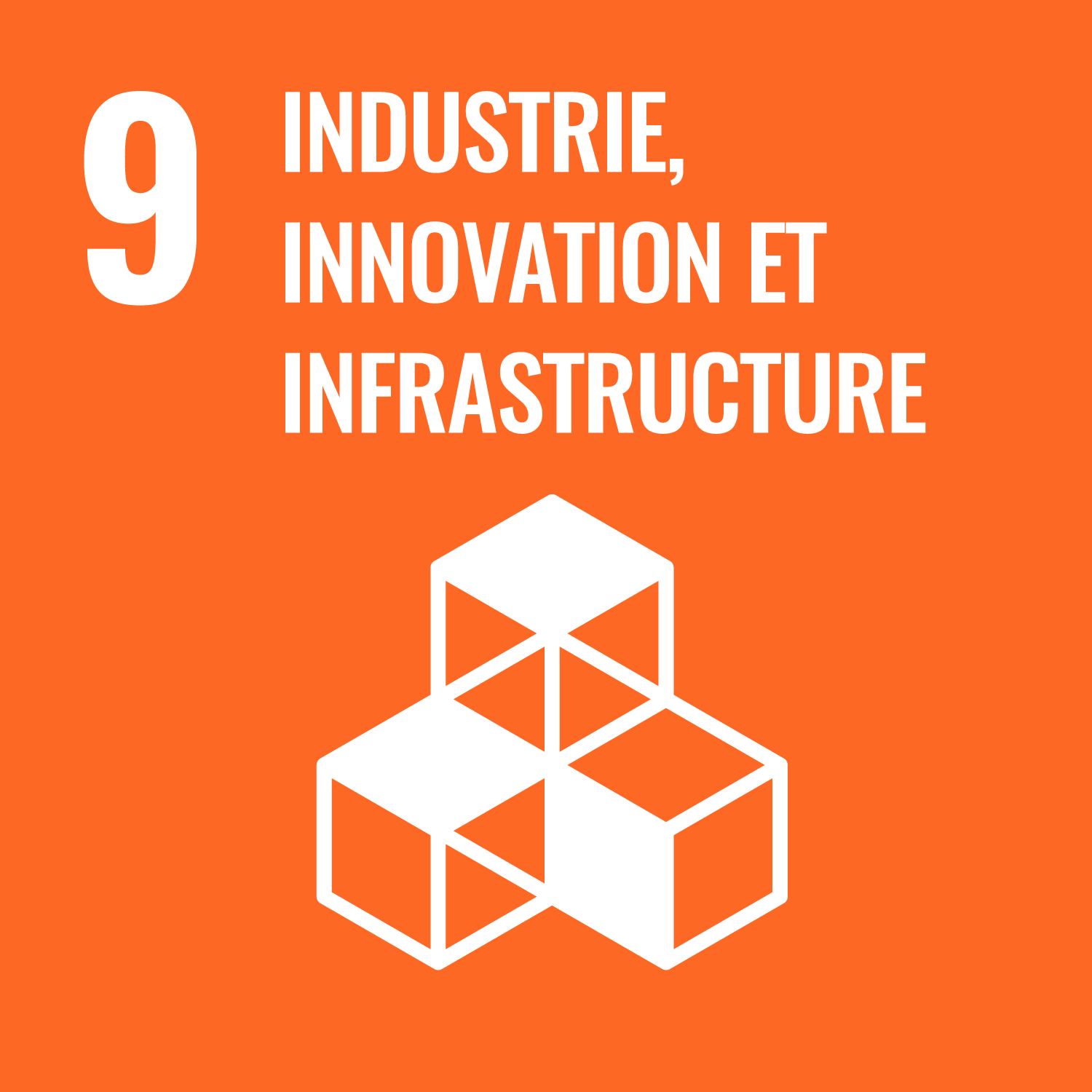
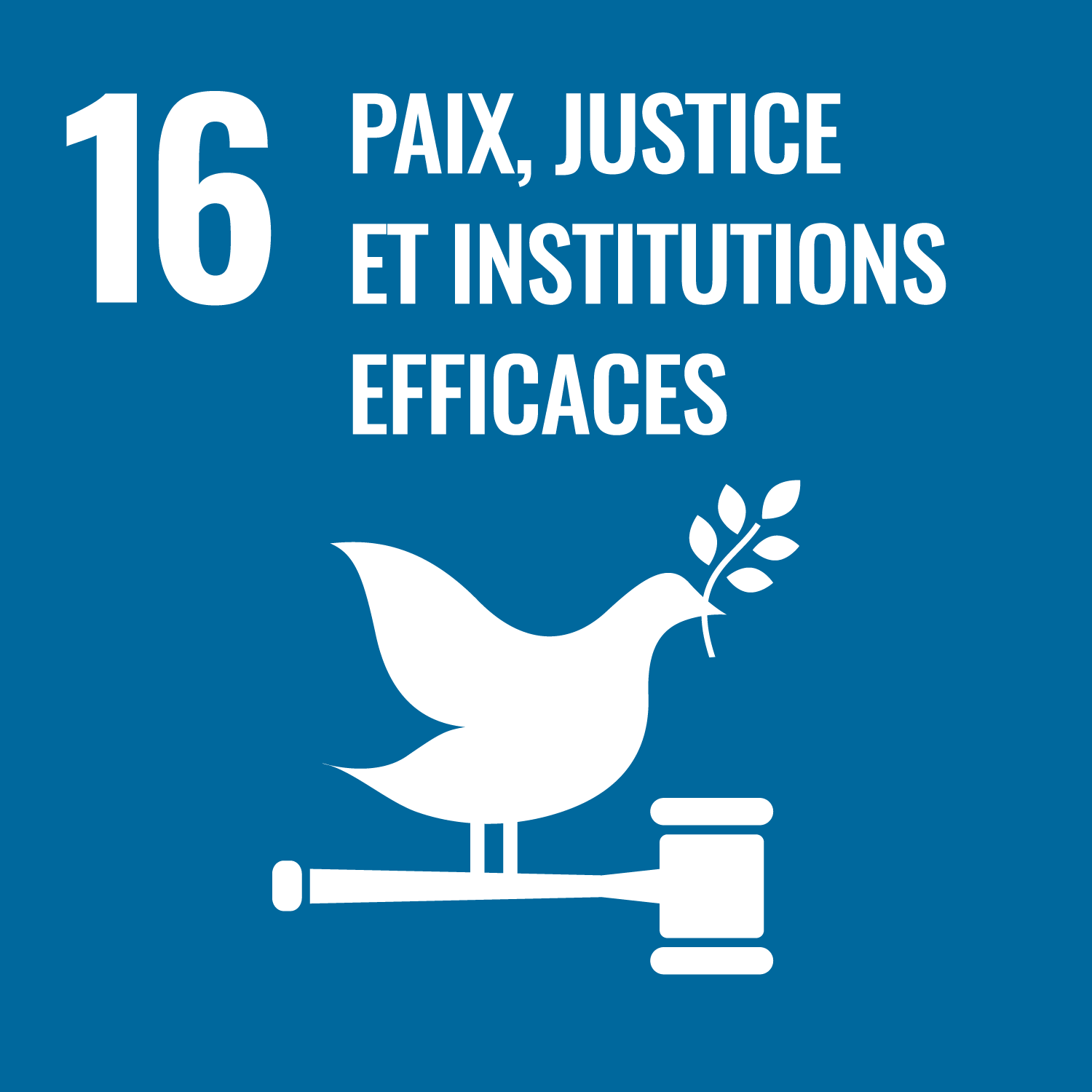
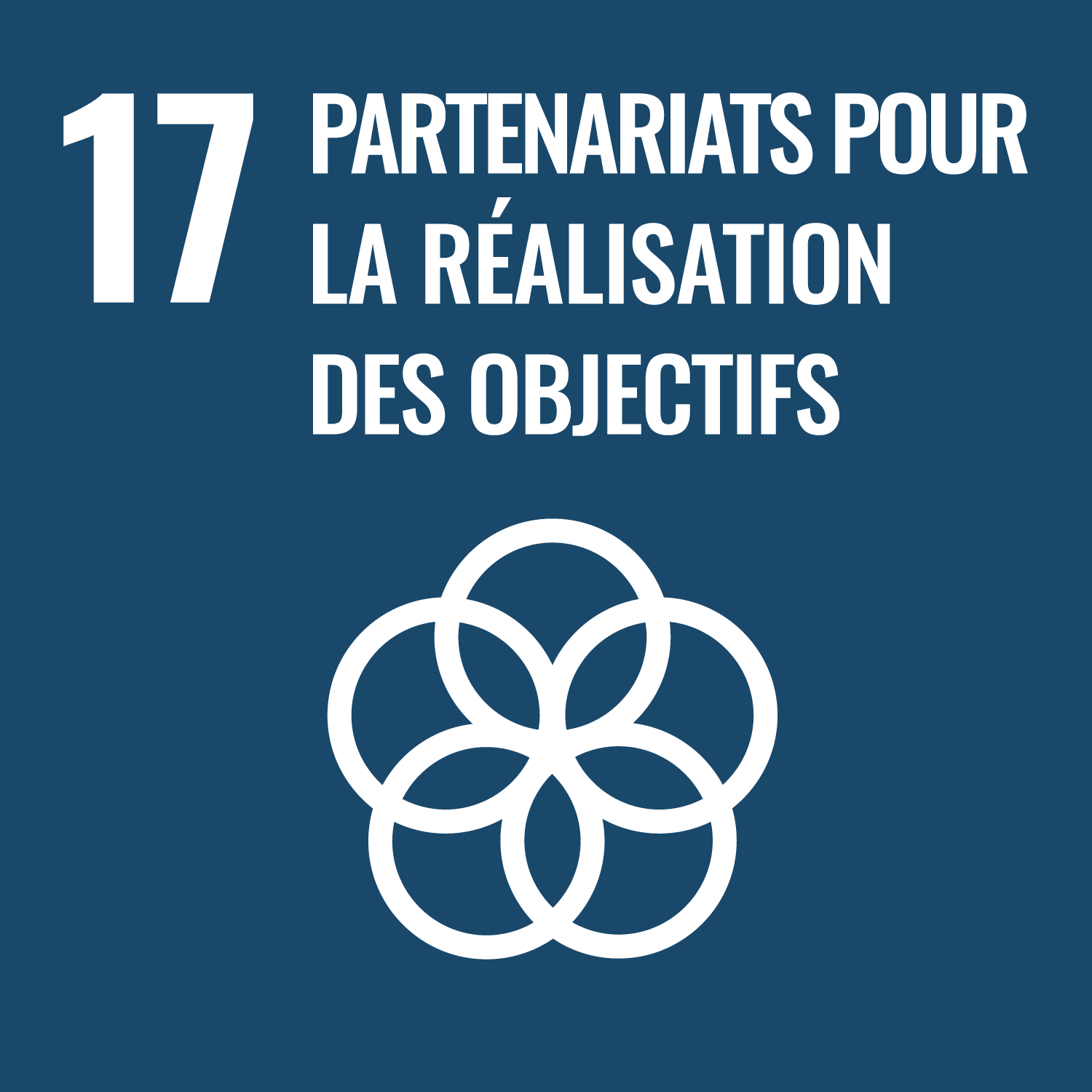
DD&RS news
The Major Transitions Development Department and its stakeholders implement the establishment's sustainable development and social responsibility policy through numerous actions and events.
Read more
